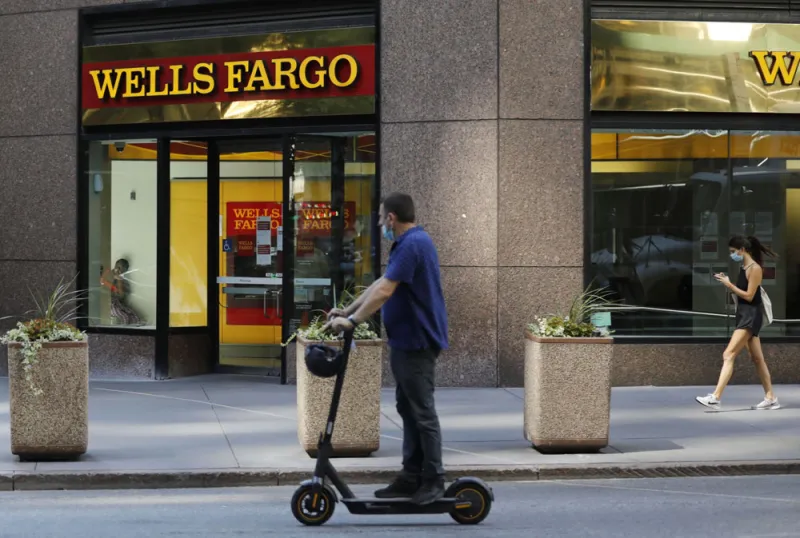With this year’s proxy season just getting underway, the question is: how far will institutional investors push companies on the topic of climate change?
If today’s overwhelming endorsement of Wells Fargo’s management and board is any indication, the answer may be: not that much.
Climate activists behind a campaign called BlackRock’s Big Problem had called on the asset manager to vote against Wells Fargo Chairman Charles Noski for failing to implement plans they believe are consistent with limiting global warming. The group includes 20 civil organizations, or NGOs, including the Sierra Club and Rainforest Action Network.
When the votes were counted, Wells Fargo said at least 94 percent were cast for current management, including Noski. That means BlackRock, which holds nearly 7 percent of the bank’s stock, voted for him as well.
Ben Cushing, campaign manager at Sierra Club, told Institutional Investor that the group has been “cautiously optimistic” that BlackRock would be more inclined to vote against “against corporate directors when companies are not taking sufficient action on climate action and putting forward credible climate transition plans.”
“From our vantage point, Wells Fargo simply has not done that,” he said.
He called the vote on Wells Fargo a “key litmus test” for BlackRock.
It “failed” that test, added Jason Opeña Disterhoft, senior campaigner at Rainforest Action Network. “They endorsed the management of the world’s number three fossil bank, and number one fracking bank, with the weakest coal exit policy among its US peers,” he said in a statement.
The “cautious optimism” expressed by Cushing had stemmed from a BlackRock announcement in January that it had expanded its voting criteria and would hold directors accountable when their companies fail to address climate change in their business plans.
But if they are unhappy about the Wells Fargo vote, the climate activists might have more luck with BlackRock’s votes during a proxy battle at Exxon Mobil, which they consider another “key litmus” vote for institutional investors like BlackRock.
[II Deep Dive: Exxon’s Carbon Emissions Plan Is ‘Nowhere Near’ Good Enough, Says Activist Investor]
Shareholder activists at Engine No. 1 have proposed a four-person dissident slate at Exxon that is gathering support. On Monday, the California Public Employees’ Retirement System said that it would back the slate proposed by Engine No. 1, joining with the California State Teachers’ Retirement System and New York State Common Retirement Fund. The Church Commissioners for England has also backed the activist slate.
Engine No. 1 only owned 0.02 percent of Exxon shares, or 917,400 as of December 31, but the oil giant appears to have taken notice of the campaign. Earlier this year, Exxon added shareholder activist Jeff Ubben — the founder of activist hedge fund ValueAct who recently left to form an impact fund called Inclusive Capital — to its board. In March, Ubben disclosed that he had purchased 185,000 shares of the oil giant.
While the climate activists aren’t partnering with Engine No. 1, some Sierra Club activists sent nearly 7,000 messages in the past week to BlackRock and Vanguard to vote for climate action at a slate of key votes this shareholder season, including Exxon, according to Cushing.
They have asked the two largest Exxon shareholders to vote against chairman and CEO Darren Woods, independent director Kenneth Frazier, and “possibly other directors,” said Cushing.
BlackRock appears to be on the same page. Last year BlackRock, which owns 6.55 percent of Exxon, did not vote for two of its current board members: Frazier and Angela Braly. It is the second largest investor, behind Vanguard, which holds 8.13 percent of shares.
BlackRock declined to comment.







